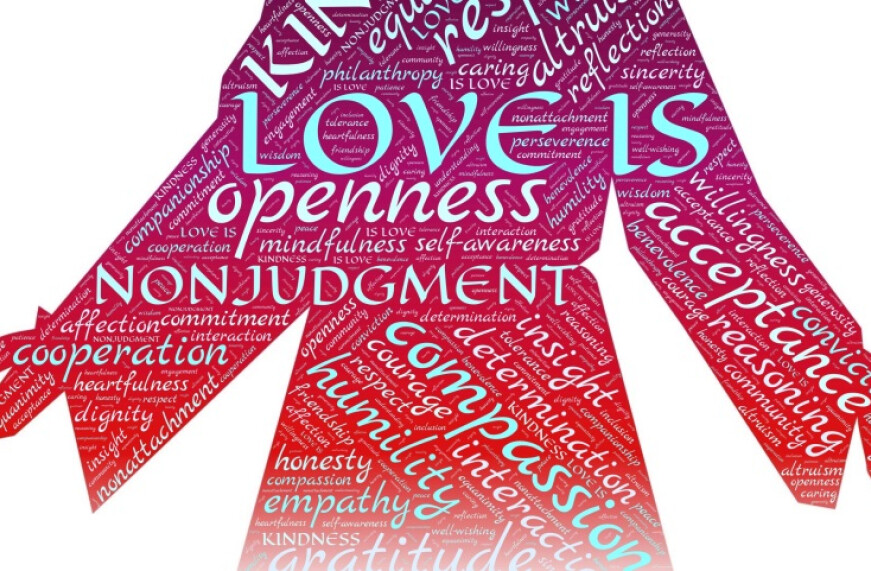Living the Love

I have two favorite verses from Paul’s first letter to the Corinthians (1 Cor 12:31-13:13), “Love is patient” and “Love never fails.” I think these two ideas call us to think of others and put others needs ahead of our own priorities or selfishness. Love exhibited as patience can repair so many ills in the world today. Did you get cut off in traffic? Be patient with that stranger. Has a co-worker or friend done something or said something that offended you intentionally or not? Practice love as patience. We never really know what others are carrying in their hearts.
We prove that love never fails when we look outside of ourselves to serve those around us. There’s no need to search out those in need. Life presents us with daily opportunities to love. Living the love described by Paul costs us nothing, but can change our life and the lives of those we touch, more than we can imagine or know.
Let’s make an extra effort to try to be patient with someone. In a quiet, unassuming way, let them see that Love Never Fails.


